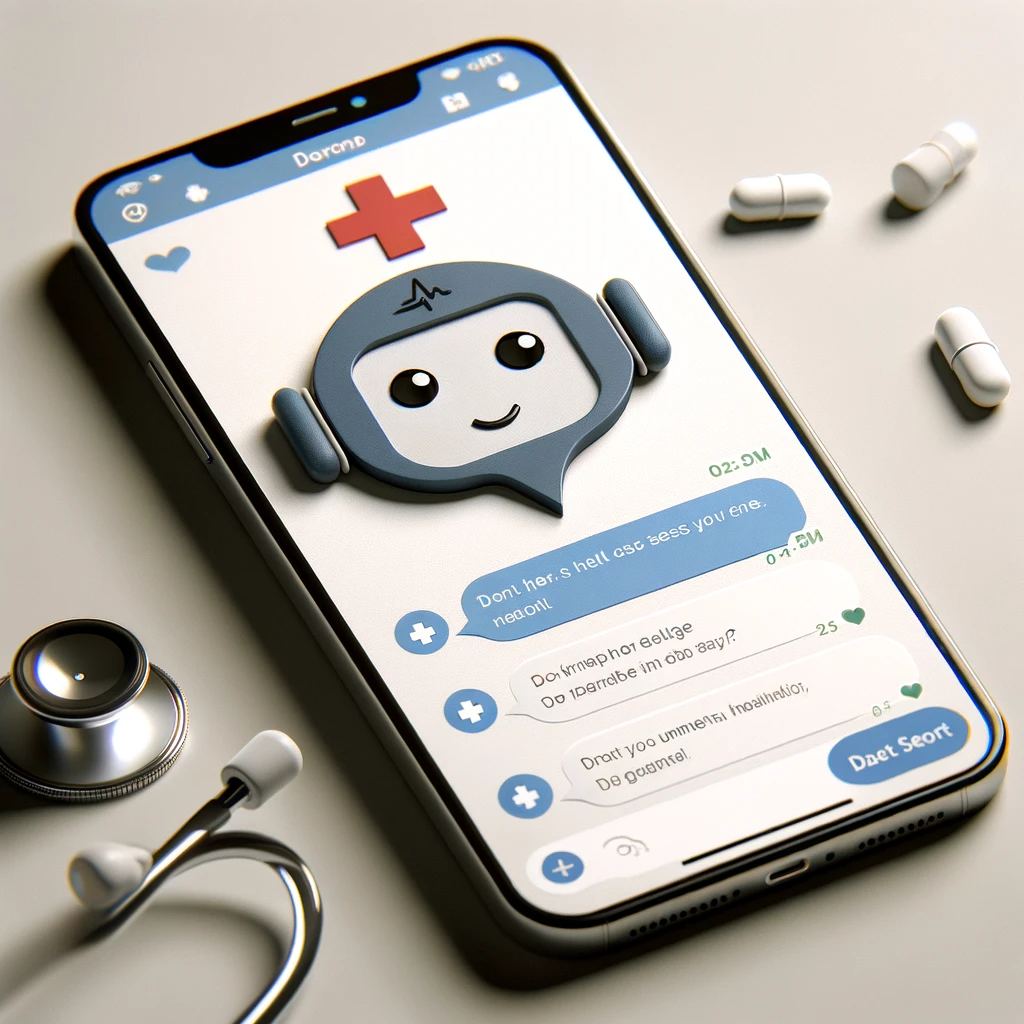A groundbreaking study has shown that Google’s experimental medical chatbot, known as AMIE (Articulate Medical Intelligence Explorer), outperforms primary-care doctors in diagnosing certain illnesses and exhibits higher levels of empathy in patient interactions. The research, conducted by a team of scientists from Google and DeepMind, highlights the potential of large language models (LLMs) in revolutionizing the healthcare industry. However, it emphasizes that AMIE is still in the experimental phase and not intended to replace traditional patient-doctor interactions.
The AMIE Chatbot in redefining Medical consultations
AMIE is a specialized LLM designed for patient consultations, particularly focused on diagnostic dialogue. The development process involved optimizing AMIE for medical history-taking, diagnosis, and fostering communication skills and empathy. To achieve this, the AI was trained to simulate various roles, including a patient with a medical condition, an empathetic doctor, and an evaluating mentor, offering a multifaceted approach to analyzing interactions.
In a blinded study, AMIE was compared to board-certified primary care physicians who conducted text-based consultations across 149 healthcare scenarios involving patient actors. Neither group was aware of whether they were communicating with an AI or a human doctor. The evaluation criteria included diagnostic accuracy, as assessed by specialist doctors, and conversation quality parameters, rated by patient actors.
The study revealed that AMIE’s differential diagnoses were more accurate and comprehensive compared to those of board-certified doctors across various medical specialties, including cardiovascular and respiratory conditions. AMIE surpassed physicians in conversation quality, excelling in areas such as politeness, patient comfort, attentiveness, effective explanation of conditions and treatments, honesty, trustworthiness, and confidence-building.
A notable differentiator was the AI’s ability to provide lengthy and detailed responses, suggesting that it might spend more time preparing its answers. This aligns with existing findings that patient satisfaction tends to increase with extended physician-patient interaction.
The implications for healthcare and patient interactions
While these results showcase the capabilities of LLM-based AI systems in clinical history-taking and diagnostic dialogue, the researchers stress that this simulated test is a far cry from real-world scenarios. Many of the participating physicians were unfamiliar with using text messaging for consultations, raising questions about how AMIE would perform with genuine cases.
Nevertheless, this study provides early insights into the potential of LLMs to transform initial interactions with patients, offering a bridge between patients and healthcare providers. The researchers suggest that medical AI systems could significantly enhance their utility by effectively combining large-scale medical knowledge with empathetic and trustworthy conversational abilities.
The future of LLM-Based AI in healthcare
The implications of this study extend beyond the experimental phase, sparking discussions about the integration of LLM-based AI systems into healthcare settings. While AMIE’s performance is promising, it is essential to remember that the role of AI in healthcare should complement rather than replace human medical professionals.
The ability of AI to provide accurate diagnoses and deliver empathetic interactions could alleviate some of the burden on healthcare systems, improve patient experiences, and enhance the quality of care. However, ethical considerations, patient privacy, and regulatory compliance must be carefully navigated as these technologies are integrated into the healthcare landscape.
The study’s findings demonstrate the potential of Google’s AMIE chatbot, an LLM-based AI, in surpassing primary-care doctors in terms of diagnostic accuracy and empathy during patient interactions. While these results are promising, it is crucial to recognize that AMIE remains an experimental technology and should not replace traditional patient-doctor interactions.
As the field of AI in healthcare continues to evolve, it is clear that AI systems like AMIE could play a vital role in improving patient care and medical diagnostics. However, the successful integration of such technologies into healthcare settings will require careful consideration of ethical, privacy, and regulatory factors. The future of healthcare undoubtedly includes AI, but it should always prioritize patient well-being and the expertise of healthcare professionals.






